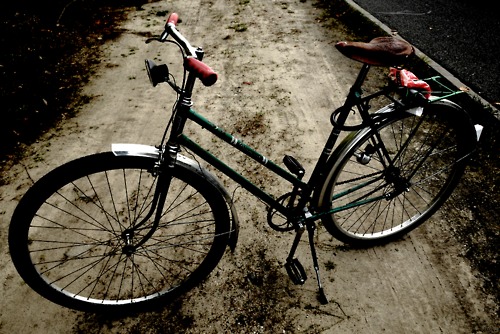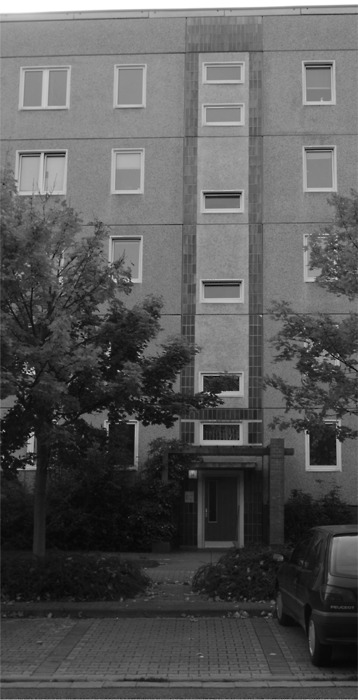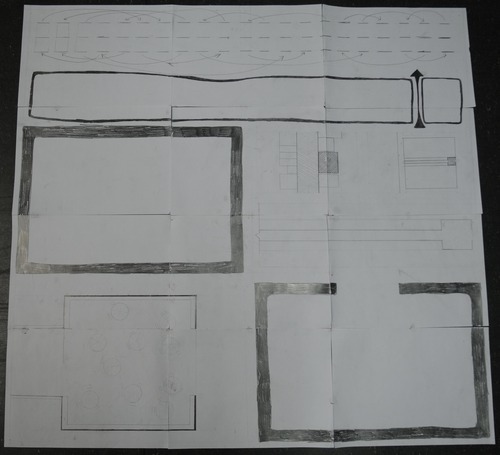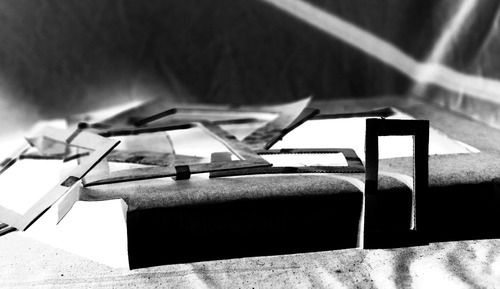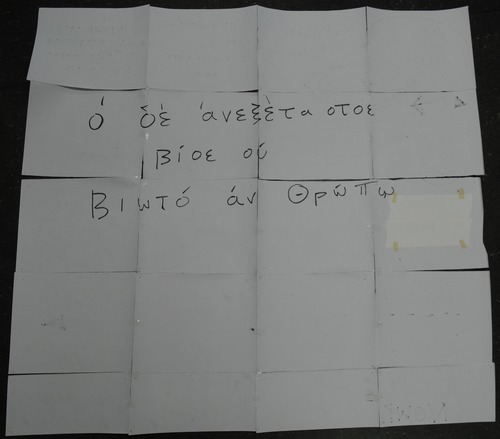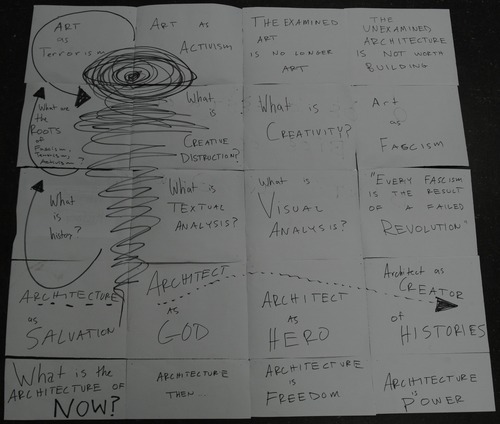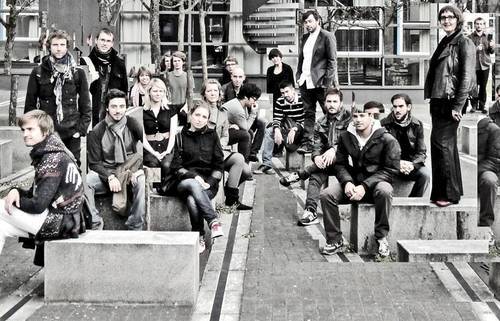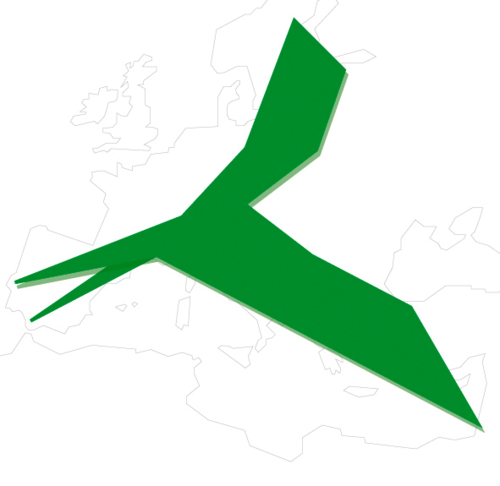I want to start a blog to document and present my experiences in a new graduate program, in an alternative reading and critical writing on architecture, and as a travel/experience log. I will explain my previous experiences in architecture on the “me” page.
In the photo, I am in the top right corner, and Professor Jäger stands in front of me.
The program is unique because of its interdisciplinary platform, in that it attempts to cross boundaries between the design disciplines, and engineering, philosophical, and sociological questions (which are, as I have found, less common in architecture schools).
Additionally, and even more bazar, the platform of study is not based out of one university. Instead, the program is structured around eight workshops across Europe, in seven different countries, with one stop in the Middle East. The workshops are in Germany, Estonia, Portugal, Poland, Austria, Spain, Israel, and then back to Germany. Below is an image created by the program to illustrate this network.
The program begins in Cottbus, Germany, at our mother institution, Brandenburgische Technische Universität, where we have begun a Propädeutikum, to introduce us to eight lectures on interdisciplinary design methods: Collective Process, Design Programs 1, Design Programs 2, Spatial Planning Instruments, Urban Strategies (City Gardens), European Planning Landscape, Urban Strategies 1, and Interdisciplinary Strategies 2. I will try to blog on as many of these topics as I can and provide feedback and analysis.
Here are the universities involved.
Germany: Brandenburgische Technische Universität, Cottbus
Estonia: Tallinn Tehnikakõrgkool, University of Applied Sciences
Portugal: Universidade Autõnoma de Lisboa, Departamento de Arquitectura
Poland: Politechnika Wroclawska, Wrocƚaw, Faculty of Architecture
Austria: Universität Innsbruck
Spain: Universidad de Sevilla, Faculty of Architecture
Israel: Tel Aviv University, David Azrieli School of Architecture
Germany: Universität der Künste, Berlin
Germany: Brandenburgische Technische Universität, Cottbus
Why did I choose this program?
I chose this program because of the interdisciplinary and international platform, which to me, sounded like the most unique experience in an architecture graduate program. Given my skepticism about design education to begin with (from my sociological research and praxis based perspective), I figured the significant cultural expansion from a program such as this would be invaluable even if I disagreed with the curricular or pedagogical perspective.
Why architecture?
I am interested in the relationship architecture facilitates between ideas and their realization, between the designing and constructing of objects, buildings, social spaces, urban centers, transportation flows, regional connections, and networks. I am interested the connection between theory and practice. If I were to read critical philosophical or sociological theory on its own I fear I would lose grasp of the real — of connection to applying those ideas. Why study if not to try to apply some of those ideas? (I could see arguments in both directions, but I believe in both.)
